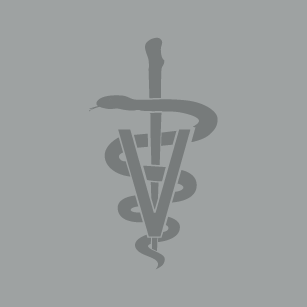The Undergraduate Certificate in One Health recognizes and encourages students to value the interdependence of human and animal health, and the well-being of agriculture, industrial and natural ecosystems and will introduce students to the One Health approach to disease and problem solving.
As recent pandemic events have highlighted, better communication between veterinary, human, and public health care professionals is necessary to track and respond effectively to diseases that make the transition from affecting animals to affecting humans: zoonotic threats. The COVID-19 pandemic also has shown the importance of health and science communication, including understanding the public and news media, in preventing and stemming zoonotic threats. This certificate program fosters interdisciplinary education, expands interactive learning opportunities for undergraduate students, and prepares program participants for careers in all health-related sciences.

Specific areas in the curriculum include:
- interdisciplinary communication and collaboration
- pathogenesis of zoonotic diseases
- the science and sociology of the human animal-bond and disease
- medical communication
- clinical, comparative medicine and translational research
- biodiversity and environmental health
- the impact of human activity on the environment



